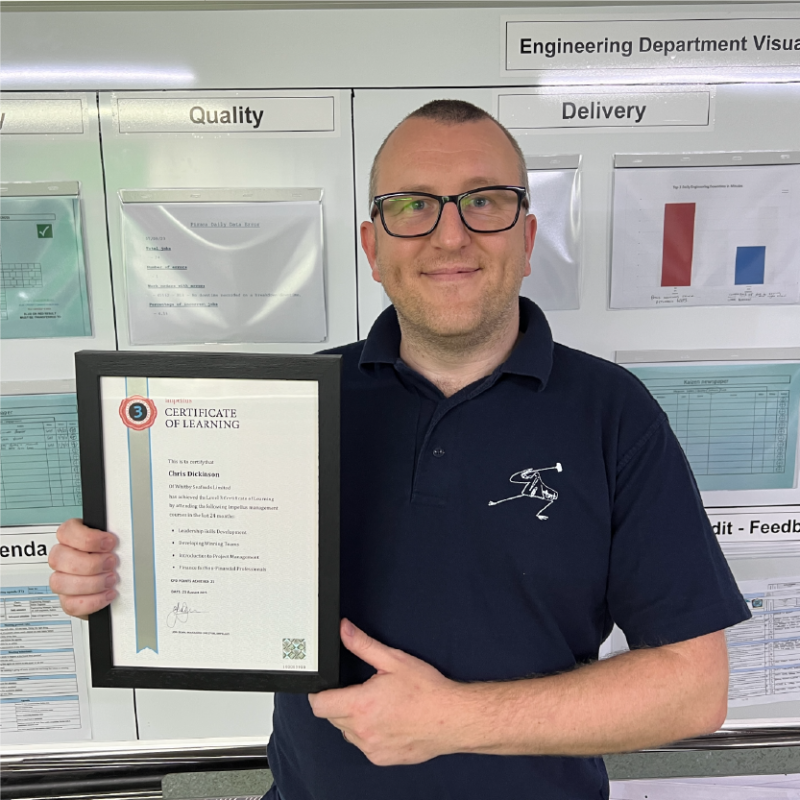Ever found yourself in an environment where you feel like you are always being watched? Like someone is constantly looking over your shoulder?
Many of us we will have, at some point, worked for a manager who micromanages.
Micromanagement is a style of management whereby a manager closely observes or controls the work of their employees. Rather than delegating tasks and offering opportunities for advancement and growth, a micromanager will provide frequent criticism and exert power over their staff. Sound familiar?
So my question is, why do they act this way? Why have they developed this particular set of skills?
Many would argue that it’s a lack of leadership training, where maybe a business hasn’t invested enough to ensure its leaders have the necessary skills. Others would say that not everyone is born to be a leader, and some will just never have the right leadership skills needed to successfully lead a team.
Personally, I think there is a lot more in the psychology of micromanagement.
With all our behaviours in life there is usually a reason behind why we adopt them – there is positive intent.
It might be a learnt behaviour from a parent figure about how to act in society, such as not eating with your mouth open. It may also be copied behaviours from peers, so we fit in.
Often, we display particular behaviours to protect ourselves or others. Some of our behaviours will also be to help us get something we want, in the form of a tantrum or an argument.
Therefore, whether we agree or not there are several reasons behind the behaviours of a micromanager.
Here are a few:
- Their own insecurities – many managers feel incompetent in their roles and therefore will project their own sense of incompetence onto the employee, through undermining their own autonomy and self-worth. This is most common with employees who are performing well and managers begin to see these achievements as a threat to their own self worth
- Fear of losing control – as some managers rise through the ranks and become more distant from the actual work they can become more obsessive about getting as much information as possible. They will begin to obsess about knowing small meaningless details and expect frequent sign-offs of work. This will help them gain the control they miss. For many people, control is a stress response, and when managers are under pressure they will increase their controlling behaviour as a way of managing their own anxiety
- A toxic hierarchy – some micromanagers experience intense pressure from their line managers which ultimately leads to a fearful and anxious environment. The manager may be fearful of the leadership team and be under pressure to deliver on impossible budgets or targets. This then causes anxiety which is cascaded throughout the organisation and will affect how the managers behaves
Next time you encounter someone who micromanages, just remember there is intent behind their actions. There are reasons behind their behaviours. If this is you, then think about the impact it could be having on your team and the destruction that it could be causing.
Leadership is about creating and setting the right environment where we enable our staff to grow and develop. To be effective leaders we must trust that our staff will deliver and empower them to make decisions on their own.
So, make it your New Year’s resolution to ensure your working environment, and leadership, is as inspirational as it can be.
Written by Alison Ibrahim – Senior Management, Leadership & Commercial Skills Trainer























